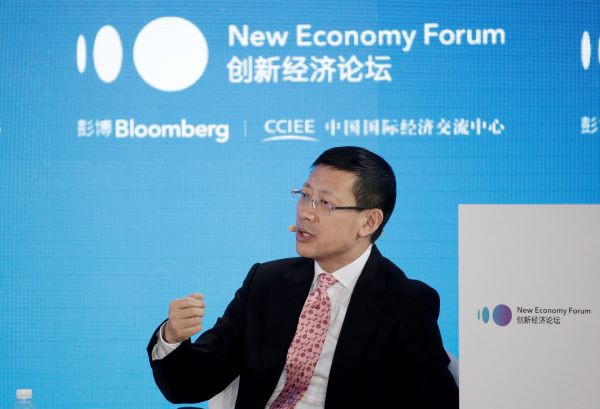China remains the apple of the eye for major international funds as proven by recent allotments gotten from Sequoia Capital and Hillhouse Capital. The country scored major investments from both entities, more than what the United States has received.
The news proved that the Chinese market remains an attractive arena for major foreign players. Sequoia Capital, for one, is an American venture capital firm. The technology space remains its core focus. The companies it managed now hold about $1.4 trillion of combined stock market value.
Hillhouse Capital Group, on the other hand, has offices in New York, Beijing, Hong Kong, and Singapore. While it has investments around the world, its main focus is on Asia and China is seemingly becoming Hillhouse's favorite.
Sequoia Capital has recently raised $3.4 billion that it plans to distribute in firms based in the U.S. and China. Of that amount, the firm is spending $2.4 billion for China alone. The funding will be of significant use for the country's goal of dominating the global tech industry by 2030.
This isn't the first time that Sequoia has set its eyes on China. It has been participating in the market since 2005 but this recent involvement hint of its objective to stay in the Asian country for the long-term.
Sequioa has been significant in the growth of startup Meituan which dominates China's online food delivery services. The capital firm is also crucial to Neil Shen's career as a founding and managing partner. Forbes listed Shen among top-performing venture capitalists in the world for two consecutive years.
As for Hillhouse, it received an $850 million funding from its South Korean conglomerate SK Group with instructions to fuel various Chinese startups. The firm is particularly interested in companies that can create synergy with its telecom companies. Before this involvement, Hillhouse has participated in fundings for Tencent, Baidu, and JD.com.
Sequoia and Hillhouse are not alone in recognizing big opportunities in the Chinese market. In October, data from the Ministry of Commerce revealed that foreign direct investment into China jumped 2.9% or $100.78 billion.
Further, the 2019 World Investment Report ranked China as the world's second-largest foreign direct investment recipient after the U.S. The country toppled Hong Kong which makes it also the largest receiver of foreign investment in Asia.
The ranking meant that China is the second most attractive to multinational companies from 2017 to 2019. Between 2017 and 2018 alone, China received about $136 to $139 billion from foreign entities.






